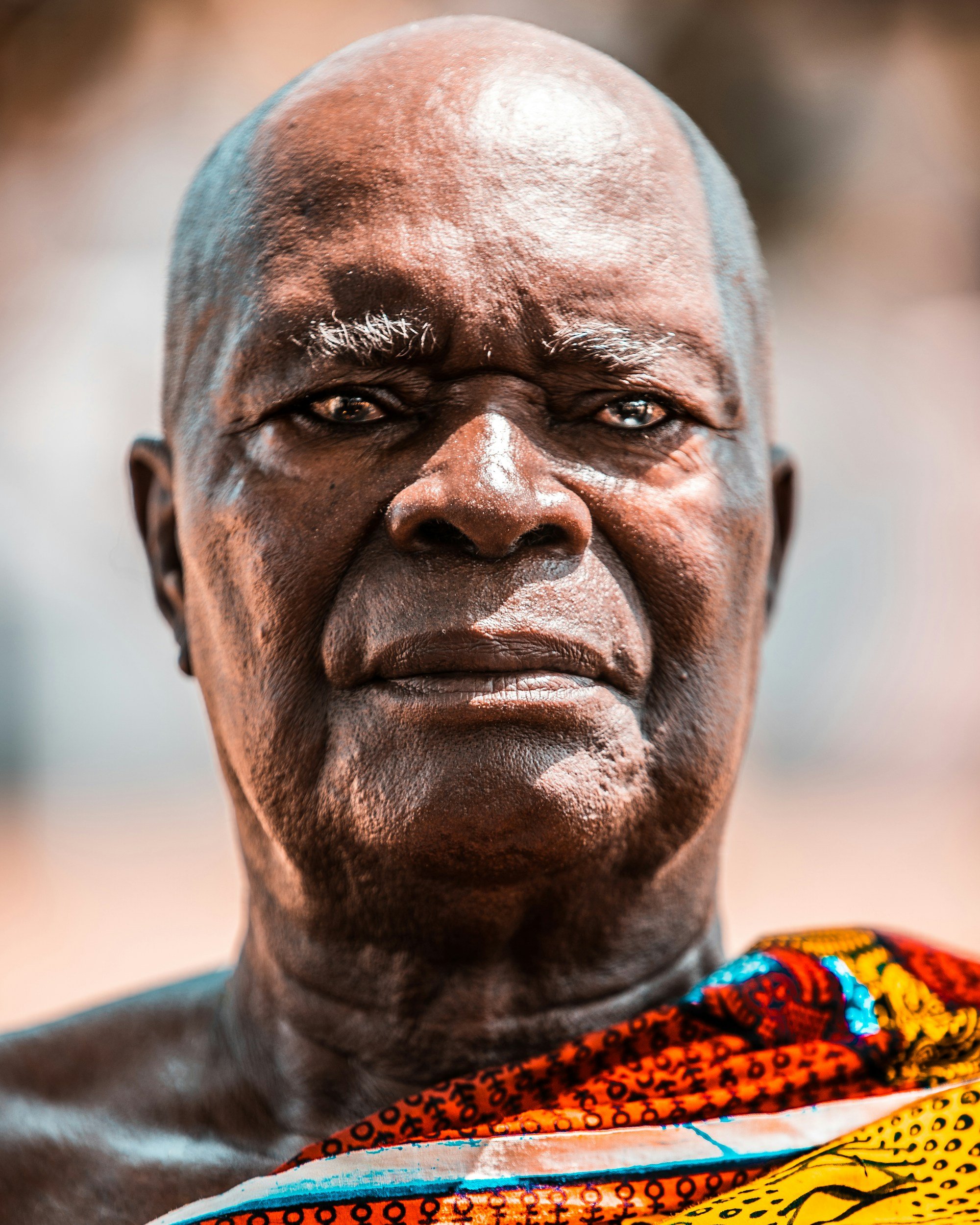7 Simple Things That Will Make You an Igbo Chief
Becoming a chief (titled person) in Igbo culture involves meeting specific cultural expectations that reflect responsibility, leadership, and service. Chieftaincy titles are symbols of honor, deeply rooted in tradition, and they carry a significant level of influence within the community. Below we’ve highlighted seven things you can focus on to walk the path toward becoming an Igbo chief.
Give Back to Your Community on a Grand Scale: Generosity is a cornerstone of Igbo culture. To be recognized as a chief, one must contribute meaningfully to the growth of the community. This could involve funding public projects, setting up educational programs, or sponsoring festivals. Chiefs are expected to act as benefactors, uplifting the community economically and socially. When you give back selflessly, you earn respect and goodwill, essential traits for any leader.
Tip: Focus on sustainable contributions—build infrastructure, invest in education, or create job opportunities.
Start a Family: In Igbo society, family plays a fundamental role. Having a family signifies that you are rooted in the community and are contributing to its continuity. Raising children, especially those who embody good values, demonstrates that you are committed to the future of your people. A chief is someone who can guide and protect not only their immediate family but the larger community as well.
Tip: It's not just about having children—it’s about raising them to be responsible community members.
Live a Good and Upright Life: Character matters a lot when it comes to chieftaincy. A potential chief must be known for honesty, integrity, and fairness. Igbo communities expect their leaders to set a moral example and resolve disputes fairly. Living a respectable life earns you trust, and being seen as someone who embodies truth and justice is essential for leadership.
Tip: Stay away from scandal and always strive to be an unbiased voice in your community.
Build Your Own House or Home: In Igbo tradition, owning a home is a sign of stability and independence. A chief must show that they can provide for themselves and their family. Having a physical home in the village symbolizes your rootedness and willingness to remain connected to your community.
Tip: Make your home a welcoming space for gatherings, which encourages goodwill and community respect.
Achieve Great Things and Bring Pride to Your Community: To earn a title, your accomplishments must bring pride to the people you represent. Wherever you excel in e.g business, the arts, or public service, your success reflects positively on your entire community. Chiefs are expected to be models of excellence, inspiring others to strive for greatness.
Tip: Share your achievements humbly, and use your platform to mentor others within the community.
Remain Open to Tradition and Be Proud of Your Heritage: A chief must embrace and uphold Igbo traditions. This includes participating in cultural ceremonies, festivals, and religious rites. Being knowledgeable about your heritage and taking part in the preservation of culture show your dedication to your community’s values.
Tip: Stay curious about your heritage—ask elders questions, attend ceremonies, and learn traditional practices.
Speak the Igbo Language: Language is the soul of any culture. Speaking Igbo fluently shows that you are connected to your roots and can effectively communicate with elders and community members. Chiefs are custodians of cultural knowledge, and mastering the language is a key part of preserving that knowledge.
Tip: Practice speaking Igbo daily. Engage in conversations with elders and teach the younger generation the language.
Final Thoughts
Becoming a chief in Igbo culture is a worthy undertaking. It requires personal growth, community service, and cultural immersion. While it involves taking on responsibilities, it also brings respect, honor, and influence. The path to chieftaincy challenges you to become the best version of yourself in service to your people.
The key to becoming an Igbo chief lies in continuous learning and growth. As you give back, build connections, and embody traditional values, your community will naturally recognize your leadership potential. Remember: being a chief is about the impact you make on the lives of others.
Go forward boldly and live the values that will earn you the respect and honor of your people! Yagazie!






























